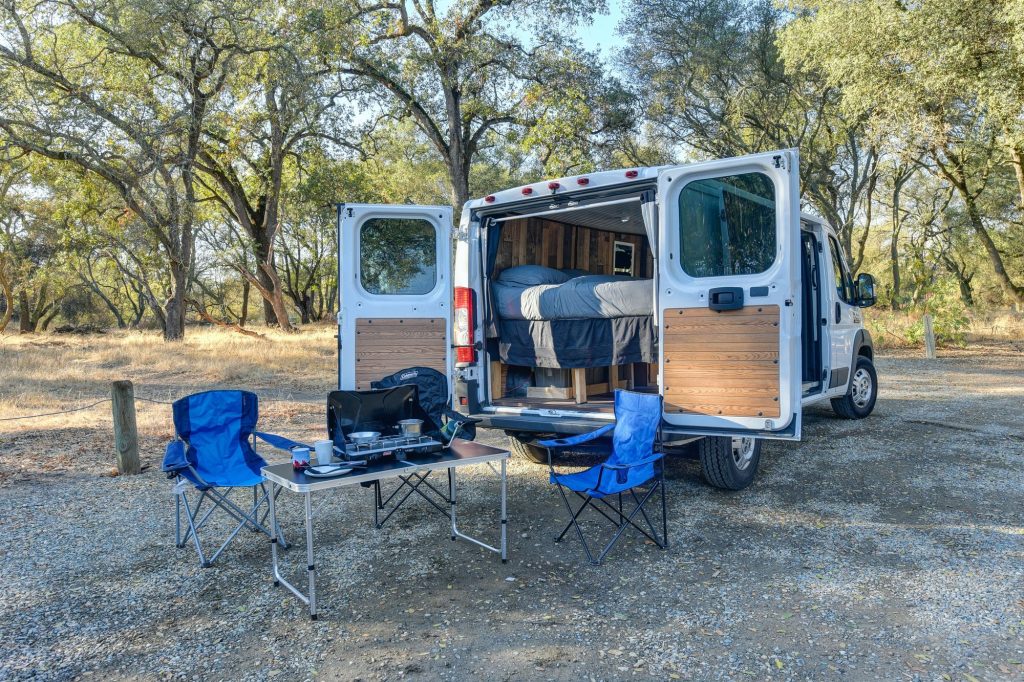
When it comes to transferring ownership and title of an RV or other asset, there are several important steps to follow to ensure a smooth and legally binding process. Whether you are buying or selling a house, a car, or any other valuable item, it is crucial to understand the necessary procedures involved. Here are some key considerations and steps to take:
Research and Understand the Requirements
Before initiating the transfer process, it is essential to research and understand the specific requirements and regulations related to the type of ownership or title transfer you are dealing with. Different assets may have different procedures, legal documents, and government agencies involved. Make sure to familiarize yourself with the rules and regulations in your jurisdiction.
Gather Required Documentation
Once you have a clear understanding of the requirements, gather all the necessary documentation for the transfer. This may include titles, deeds, contracts, bills of sale, identification documents, and any other paperwork needed to establish ownership and initiate the transfer process. Ensure that all documents are accurate, up-to-date, and legally binding.
Consult with Professionals
To navigate through the complexities of ownership and title transfer, it is advisable to seek guidance from professionals such as real estate agents, attorneys, or title companies. These experts have the knowledge and experience to guide you through the process, ensure compliance with legal requirements, and address any potential issues or complications that may arise.
Negotiate and Finalize the Transfer
If you are involved in a transaction where negotiation is required, such as buying or selling a property, it is important to engage in clear and transparent communication with the other party. Negotiate terms, conditions, and any necessary agreements related to the transfer of ownership and title. Once all parties have reached a mutual understanding, finalize the transfer by signing the necessary documents and completing any required payments or transactions.
Update Records and Notify Relevant Parties
After the transfer is complete, don’t forget to update the relevant records and notify the appropriate parties of the change in ownership or title. This may include government agencies, financial institutions, insurance providers, and any other relevant entities. Keeping all records and documentation up-to-date will help avoid future complications or disputes.
Seek Legal Advice
In complex cases or situations where legal implications are involved, it is always wise to seek legal advice. An attorney specializing in property law or asset transfer can provide valuable guidance, ensure compliance with legal requirements, and protect your interests throughout the transfer process.
Handling the transfer of ownership and title requires careful attention to detail, understanding of the legal framework, and adherence to the specific requirements of your jurisdiction. By following the necessary steps and seeking professional guidance when needed, you can ensure a smooth and successful transfer process.
Remember, this blog post is for informational purposes only and should not be considered legal advice. Always consult with professionals regarding your specific situation.
If you don’t have the time to sell, sign up your RV in RecNation’s consignment program where we handle it all for you. From cleaning, staging, marketing, and meeting with buyers, we take the hassle so you don’t have to.
If you are in need of professionally managed, secure, and safe RV parking, check out RecNation RV & Boat Storage.
